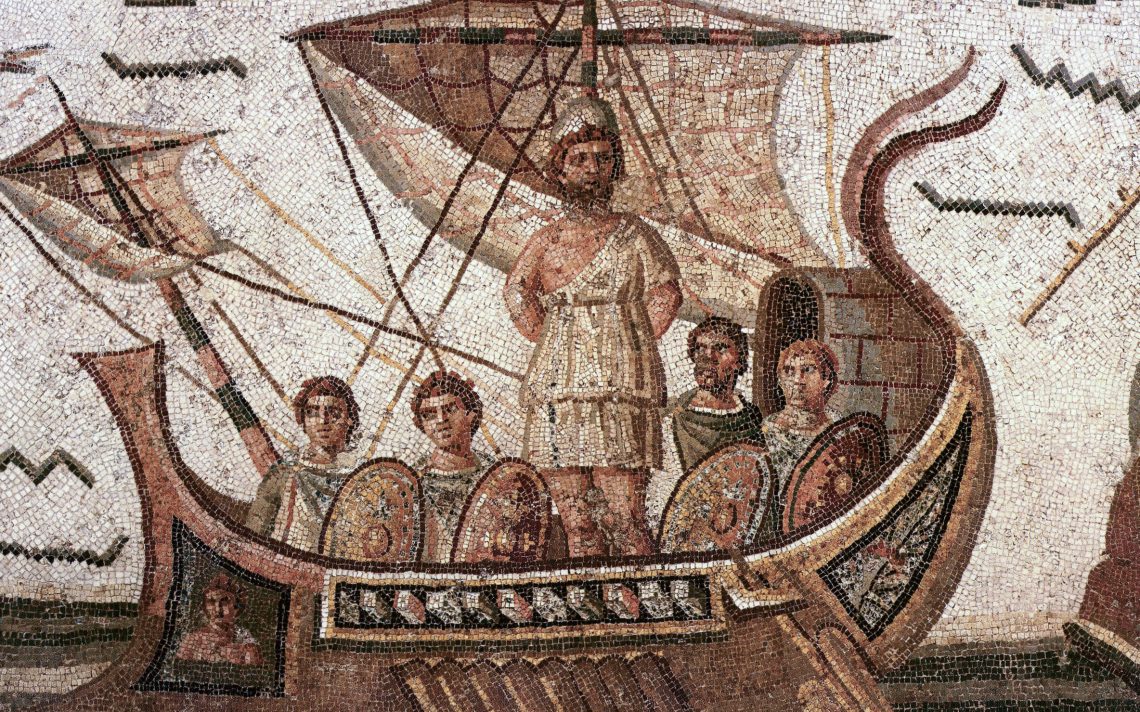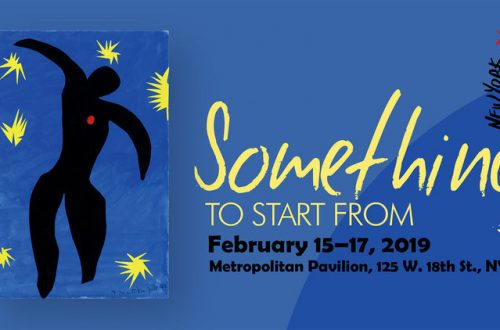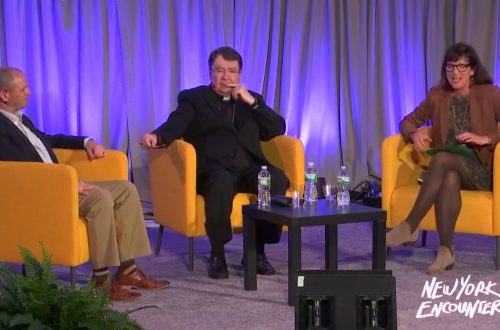by Matt Axvig
One value of reading truly great works of literature, works that have stood the test of time for decades or even centuries, is the opportunity such reading affords for exploring the tradition that has since built up around them. Any such truly great work – the Iliad, the Aeneid, Paradise Lost, Shakespeare’s Hamlet – will have accrued innumerable allusions over the years to its characters, plot, imagery, and key passages. One way, in fact, to open students up to these great works is to explore the depth of this allusive power.
For instance, a teacher might complement the reading of Dante’s Inferno with Tennyson’s poem “Ulysses.” Dante places the ancient hero Ulysses into the eighth circle of hell. A fraudulent counselor of war, deception, and exploration beyond the bounds of God’s law, Ulysses suffers eternal encasement in flame. But Tennyson’s poem, great in its own right, calls Dante’s judgment into question. The tension between these two poems – one epic, one lyrical – gets at the very question of the meaning of life. Dante sees life as a communitarian and Tennyson as an individualist. Each has his Ulysses suffer regret, but for opposite reasons. Wrapped in tongues of flames, Dante’s Ulysses regrets voyaging to the edge of the world instead of returning home. Tennyson’s Ulysses picks up the story where Dante left off, but years later. Now, an aged Ulysses regrets having returned home and is about to set off again for one final, glorious adventure.
In hell, Dante’s Ulysses has come to see the wisdom of loyalty, which he opposes to the “lust to experience” that in life had dominated him:
Not fondness for my son, nor reverence
For my aged father, nor Penelope’s claim
To the joys of love, could drive out of my mind
The lust to experience the far-flung world
And the failings and felicities of mankind.
Inferno, XXIV. 89-93
Son, father, wife. Future, past, present. These are the ties that, in Dante’s imagination, should bind Ulysses to home. Or as the American philosopher of loyalty, Josiah Royce, puts it, “Unless you can find some sort of loyalty, you cannot find unity and peace in your active living.”
In Tennyson’s poem, by contrast, Ulysses’s wife and son appear more as problems and solutions than as his world entire. His father is not even mentioned. Relationships are instrumental to the greater purpose of self-expression. This Ulysses is our man, a hero more palatable to American individualism:
I am a part of all that I have met;
Yet all experience is an arch wherethro’
Gleams that untravell’d world whose margin fades
For even and forever when I move.
Tennyson’s retelling attempts to stir us to join in the spirit of Ulysses, to undertake a glorious adventure one last time in defiance of retirement and death.
Students might take this point-counterpoint in one of two ways. Some, while admiring Tennyson’s heroic reputation, might find that Dante’s overarching moral framework still stands. Other students might conclude that Tennyson, not Dante, speaks more powerfully to them. But one way or the other, Ulysses has been saved from what might have been a perfunctory treatment within Dante’s roughly Aristotelian moral framework. Instead, he has become a riddle, forcing students to puzzle over what kind of hero we want and what kind of meaning of life we believe in. Knowing him as he appears in Tennyson’s heroic, individualistic vision forces them to think more deeply about ‘sins’ like wanderlust, idle curiosity, hubris, faithlessness, and faulty leadership. Their own reading of Ulysses in Dante has been enhanced by Tennyson’s reading.
Another example of this method would be to follow up Shakespeare’s Macbeth with Frost’s allusive “Out, Out–.” At Lady Macbeth’s death, Macbeth famously utters:
Tomorrow, and tomorrow, and tomorrow,
Creeps in this petty pace from day to day,
To the last syllable of recorded time;
And all our yesterdays have lighted fools
The way to dusty death. Out, out, brief candle!
Life’s but a walking shadow, a poor player,
That struts and frets his hour upon the stage,
And then is heard no more. It is a tale
Told by an idiot, full of sound and fury,
Signifying nothing.
V.v.19-28
For all the nihilism of this sentiment, Shakespeare’s Macbeth is a moral story. Macbeth deserved the sound and fury of his tragic end. His despair was a natural consequence of his overstepping the ground he walked on. He murdered his king, guest, and benefactor – an act of naked ambition that left mere fear and loathing in its wake. Triumphant or not, Macbeth no longer has anything to live for. “Out, out brief candle!”
But Frost’s poem that takes its title from this speech sets the absurdity in a different register. In the poem, a young boy dies a truly absurd death. The boy is an innocent victim of a ridiculous, slowly unfolding accident. Frost’s concluding lines twist the dagger. “And they, since they / Were not the one dead, turned to their affairs.” Faced with the brute fact of a little boy killed at a man’s work, there is nothing else to do but to look away and move on. What are we to do with that in the context of Macbeth’s words?
The title of this article is taken from the Danish philosopher, theologian, and gadfly Søren Kierkegaard. Kierkegaard produced two kinds of writing – those under his own name and those published under a variety of pseudonyms. Sometimes he wrote as himself and sometimes he wrote as Victor Eremita, Constantine Constantius, Johannes Climacus, or another one of the dozen or more pen names he took up. He once referred to his indirect, pseudonymous writing as “thoughts that wound from behind” – in contrast to his direct, signed authorship that challenged readers head-on. Taken together, the interplay between these two very different bodies of work continues to keep readers ethically and existentially engaged.
And actually, this is an apt articulation of the pedagogy I am advocating here. Just when students have settled into a particularly great book as they might to a spectator sport, it can help to catch them off guard from another quarter. The brevity of a poem makes this practicable, and sometimes allusions will invite such intrusions. In both of the cases above, the poems also leave unresolved dilemmas. They are capable of pulling students into the action. They force us to ask, “After the war, would I go with Ulysses or go home?” or “After the funeral, could I return to life as normal or not?” These are the sorts of formative conversations that students remember at the end of the year and revisit as they face difficult decisions – sometimes between incommensurable goods. As Frost might put it, it forces them to see that they too will one day have to recount that “Two paths diverged in a yellow wood….”
Want to delve deeper?
Click here to listen to a reading of Ulysses’s account of his life in Dante’s Inferno.
Click here to read the complete text of Tennyson’s “Ulysses” (or here to listen to a reading from Poetry Foundation).
Click here for Robert Frost’s “Out, out—.”

Matt Axvig is a teacher from Minneapolis, MN and father of two boys and two girls. He enjoys driving (sometimes aimlessly) and listening to music. He loves playing tennis and wakes up in the middle of the night to watch the Australian Open every January. He dreads Roger Federer’s retirement. And midway through his life’s journey, he takes satisfaction in having made several leaps of faith – going away to college in Chicago, majoring in philosophy, getting married and having children, living abroad in Peace Corps Moldova, quitting jobs with nothing lined up, switching careers, and joining the Eastern Church.





